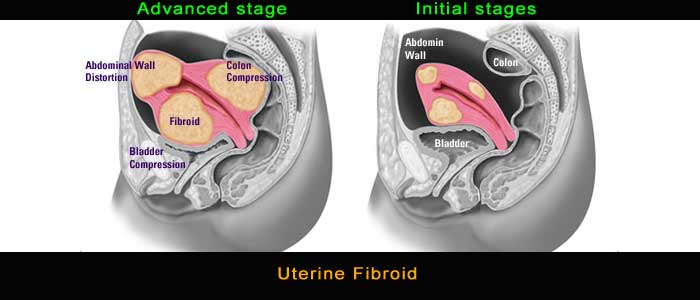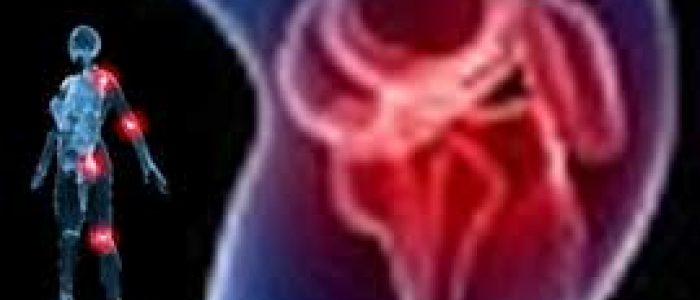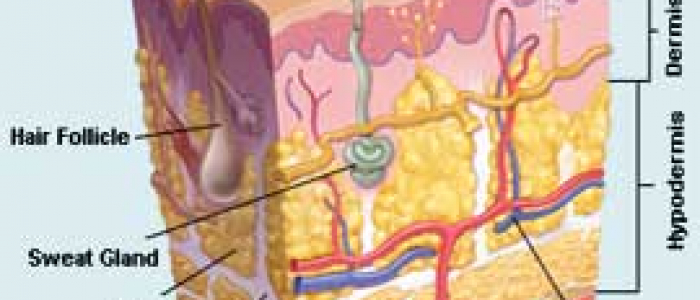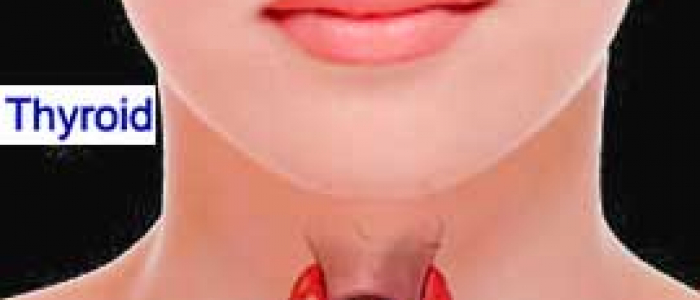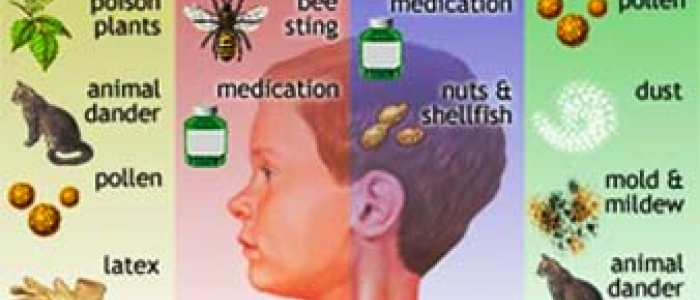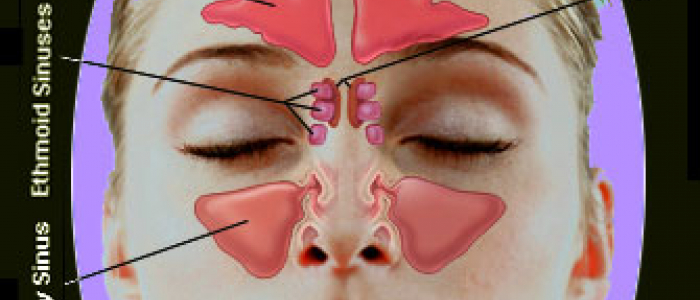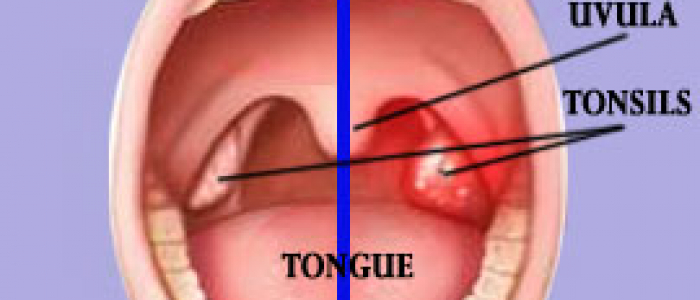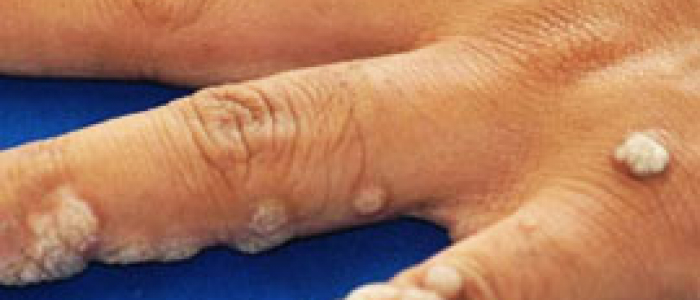
Type 2 diabetes affects an estimated 28 million Americans according to the American Diabetes Association, but medications now available only treat symptoms, not the root cause of the disease. New research from Rutgers shows promising evidence that a modified form of a different drug -- now used to eliminate intestinal parasites -- may hold the key to battling the disease at its source
A modified form of a drug used to eliminate intestinal parasites may treat the root cause of type 2 diabetes and not just its symptoms, scientists have found.
In type 2 diabetes the body does not produce enough insulin or the body's ability to use that insulin is degraded.
According to Victor Shengkan Jin, an associate professor of pharmacology at Rutgers Robert Wood Johnson Medical School, a major cause of insulin resistance is the accumulation of excess fat in the cells of the liver, as well as in muscle tissue.
The fat disrupts the process where, ordinarily, insulin would cause body tissues to correctly absorb glucose - blood sugar - and use it as a fuel.
Much of the excess glucose remains in the bloodstream, where in high concentrations it can damage tissues throughout the body - potentially leading to blindness, kidney damage, cardiovascular diseases and other severe health problems.
"Our goal in this study was to find a safe and practical way of diminishing fat content in the liver. We used mice to perform proof-of-principle experiments in our laboratory," said Jin.
"We succeeded in removing fat, and that in turn improved the animals' ability to use insulin correctly and reduce blood sugar," he said.
The modified medication - niclosamide ethanolamine salt (NEN) - burned the excess fat in liver cells through a process known as mitochondrial uncoupling.
Mitochondria are the microscopic energy source for each cell in the body, and ordinarily – like a well-tuned car engine – they burn fuels including fats and sugars in modest quantities to keep the cells functioning.
Getting rid of the interference of fat in liver and muscle tissue is the key to restoring the cells' ability to respond to insulin properly, which would allow the right amount of sugar to be taken up by cells and ultimately reverse the diabetes entirely.
That outcome is far from certain, but Jin said the positive changes he saw in the mice are encouraging.
Jin said it is also significant that the drug he used is a modified form of a medication that the US Food and Drug Administration already approved for human use.
The study has been published in the journal Nature Medicine



